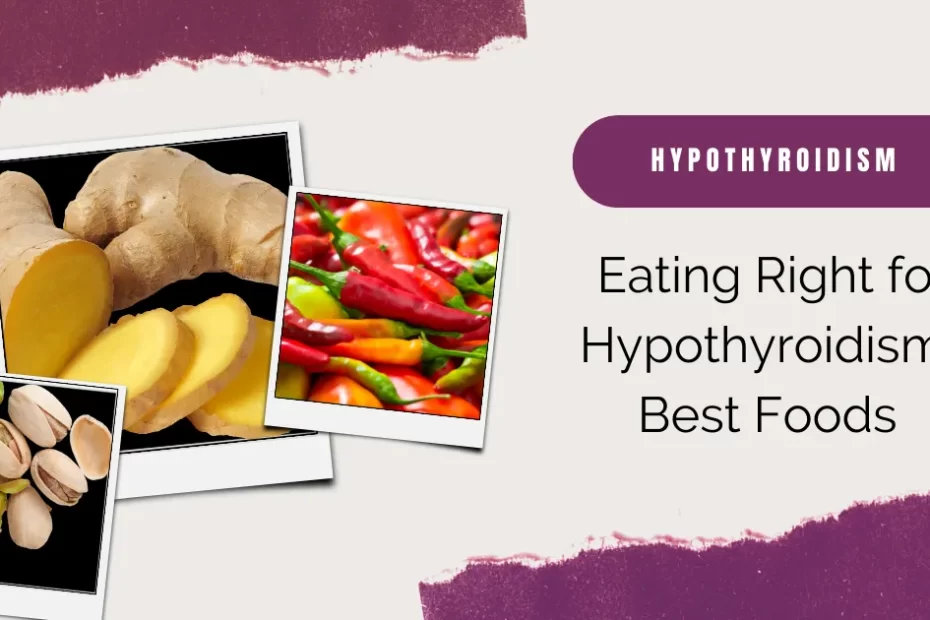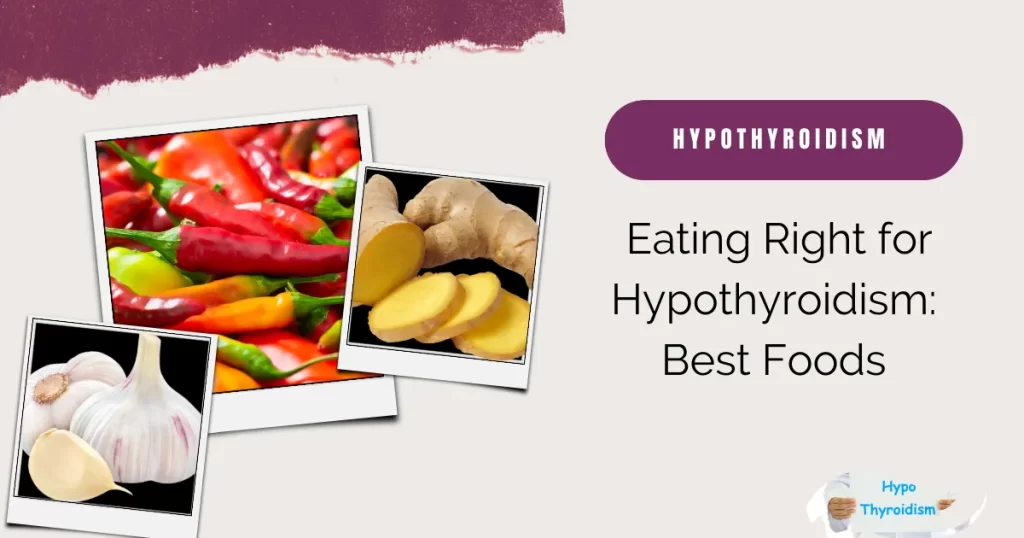Last updated on July 29th, 2023 at 11:34 am
Thyroid nodules are solid or fluid-filled lumps that form within your thyroid. The thyroid gland is a small, butterfly-shaped gland that sits near the base of your neck. When the thyroid gland receives a signal called thyroid-stimulating hormone (TSH, TSH > 4.0/mU/L with a low T4 level indicates hypothyroidism), it releases thyroid hormones into the bloodstream. This signal is sent from the pituitary gland, a small gland found at the base of your brain, when thyroid hormone levels are low.
Thyroid nodules are solid or fluid-filled lumps that form within your thyroid, a small gland located at the base of your neck, just above your breastbone.
A thyroid nodule refers to an abnormal growth of thyroid cells that forms a lump within the thyroid gland.
Most thyroid nodules aren’t serious and don’t cause symptoms. Only a small percentage of thyroid nodules are cancerous.
All thyroid nodules that are found to contain a thyroid cancer, or that are highly suspicious of containing cancer, should be removed surgically by an experienced thyroid surgeon. Most thyroid cancers are curable and rarely cause life-threatening problems. Thyroid nodules that are benign by FNA or too small to biopsy should still be watched closely with ultrasound examination every 6 to 12 months and annual physical examination by your doctor. Surgery may still be recommended even for a nodule that is benign by FNA if it continues to grow, or develops worrisome features on ultrasound over the course of follow up.
Sometimes, people who have difficulty losing weight may also have problems with the thyroid gland. This effect is known as an underactive thyroid gland Hypothyroidism or Underactive Thyroid. Hypothyroidism is the result of a deficiency of iodine in the body.
Therefore, eating foods that are rich in this mineral, can help you deal with the symptoms of this disorder.
Hypothyroidism vs Hyperthyroidism
Hyperthyroidism refers to an overactive thyroid (when it produces too much thyroid hormone) and hypothyroidism refers to an underactive thyroid (when it does not produce enough).
Hypothyroidism defines the clinical condition of low or underactive laboratory levels of the thyroid hormone because the thyroid gland does not make enough” of the hormones that the body requires.
Hypothyroidism levels TSH
A normal range for TSH in most laboratories is 0.4 milliunits per liter (mU/L) to 4.0 mU/L. If your TSH is higher than 4.0 mU/L on repeat tests, you probably have hypothyroidism.
Normal and Abnormal TSH Ranges
TSH > 4.0/mU/L with a low T4 level indicates hypothyroidism. If your TSH is > 4.0 mU/L and your T4 level is normal, this may prompt your physician to test your serum anti-thyroid peroxidase (anti-TPO) antibodies
Hypothyroidism Symptoms
Healthy Choices for Hypothyroidism Support
Hypothyroidism is the result of a deficiency of iodine in the body, therefore, eating foods that are rich in this mineral, can help you deal with the symptoms of this disorder.

People who suffer from hypothyroidism need to learn to practice new eating habits. Learning new eating habits can help treat a lot of thyroid glands that you may not so you need to continue taking the drug, especially if you catch it in its early stages.
Coconut Oil Virgin is saturated fat, rich in triglycerides.
These nutrients have the ability to deal with two main symptoms thyroid gland speeding up metabolism and facilitating weight loss.
The recommended dose is two tablespoons a day: one in the morning before breakfast, and another at night before going to bed.
Seaweed or sea vegetables are forms of algae that grow in the sea.
They’re a food source for ocean life and range in color from red to green to brown to black, especially the brown algae called fucus – is an important food for people who suffer from the Thyroid gland because it is very rich in iodine.
Garlic is a great food for treating allergies to colds, fatigue, and apathy, as it works as a mild stimulant.
Pistachios are highly recommended to help fight the thyroid gland due to their high Iodine content.
Ginger, Ginseng is also a powerful natural stimulant for anyone who has an underactive thyroid It helps them activate their metabolism and lose weight easily.
Ginger is a refreshing, aromatic spice that also helps speed up your metabolism and fights water retention.
Cayenne pepper, Red peppers naturally stimulate our metabolism and are excellent for anyone suffering from the thyroid gland. Moreover, it increases body temperature. It also relieves constipation and joint pain. It is important to remember to introduce cayenne pepper into your diet slowly even if It does not cause digestive disturbances.
Hypothyroidism foods to avoid
Here is a list of foods and supplements you may want to avoid:
- Highly processed foods: hot dogs, cakes, cookies, etc.
Gluten and ultra-processed foods
Gluten is a group of proteins found in wheat, barley, triticale, and rye. Studies suggest that people with Hashimoto’s disease may benefit from following a gluten-free diet, though researchers still aren’t sure whether a gluten-free diet is necessary for everyone with Hashimoto’s
Eat-in moderation
Here is a list of foods you can eat in moderation. These foods contain goitrogens or are known irritants if consumed in large amounts:
- Soy-based foods: tofu, tempeh, edamame beans, soy milk, etc.
- Certain fruits: peaches, pears, and strawberries
- Beverages: coffee, green tea, and alcohol — these beverages may irritate your thyroid gland
Source & Credits:
https://www.healthline.com/nutrition/hypothyroidism-diet#what-it-is
https://www.everydayhealth.com/hs/thyroid-pictures/foods-to-avoid/


Nutrition can play an important role in managing hypothyroidism
A balanced diet that includes a variety of fruits, vegetables, whole grains, lean proteins, and healthy fats
Limit sugar and refined carbohydrates: Foods high in sugar and refined carbohydrates can cause spikes in blood sugar levels, which can have a negative impact on thyroid function.
Really insightful post! I’ve been managing hypothyroidism for a few years and diet changes have made a significant difference. I found that incorporating more selenium-rich foods like Brazil nuts and seafood helped me a lot. Always amazing to see how food can impact our health. Has anyone else tried adjusting their diet to manage their thyroid health?
This post is super helpful, thank you! I was recently diagnosed with hypothyroidism and I’m trying to understand how to adapt my diet. I’ve read that avoiding goitrogens like raw cruciferous vegetables can be beneficial. Does anyone have any tasty recipe suggestions that are thyroid-friendly? Looking for some inspiration!”
Including fish in your meals can be a delicious and nutritious way to support your diabetes management.